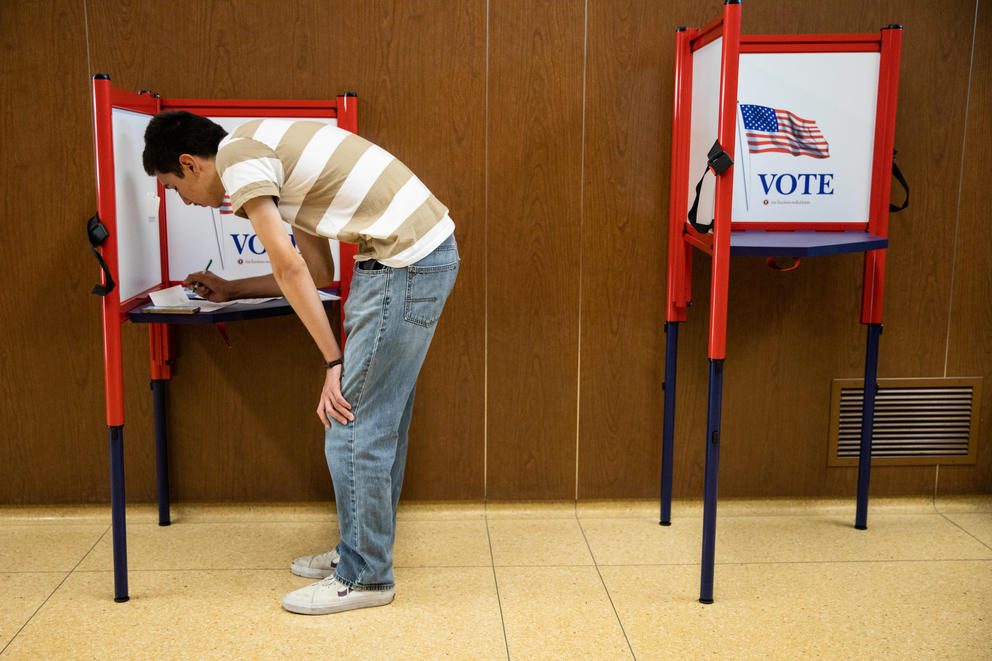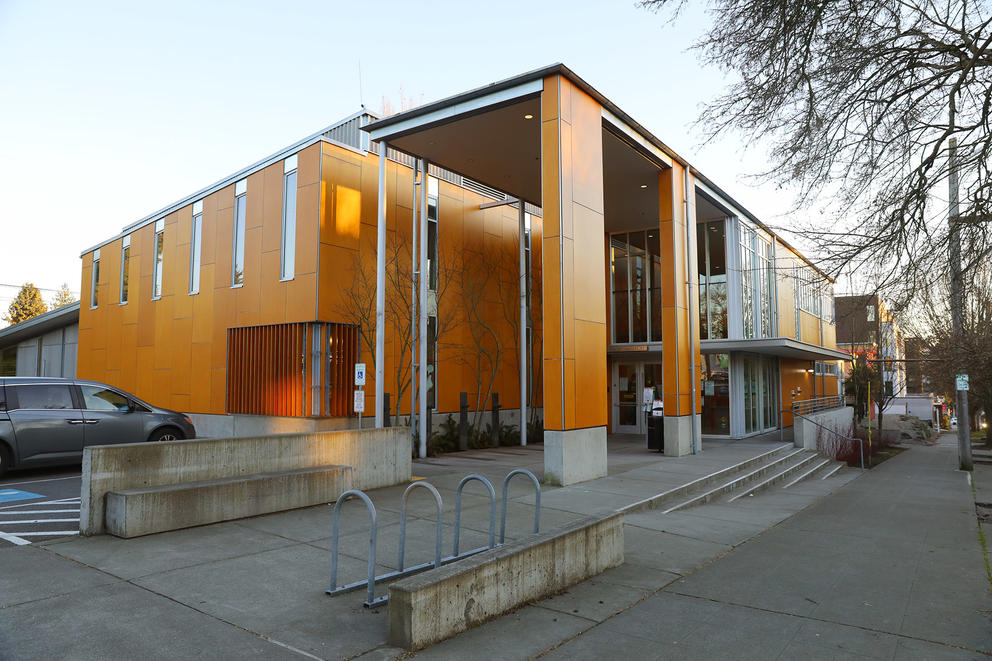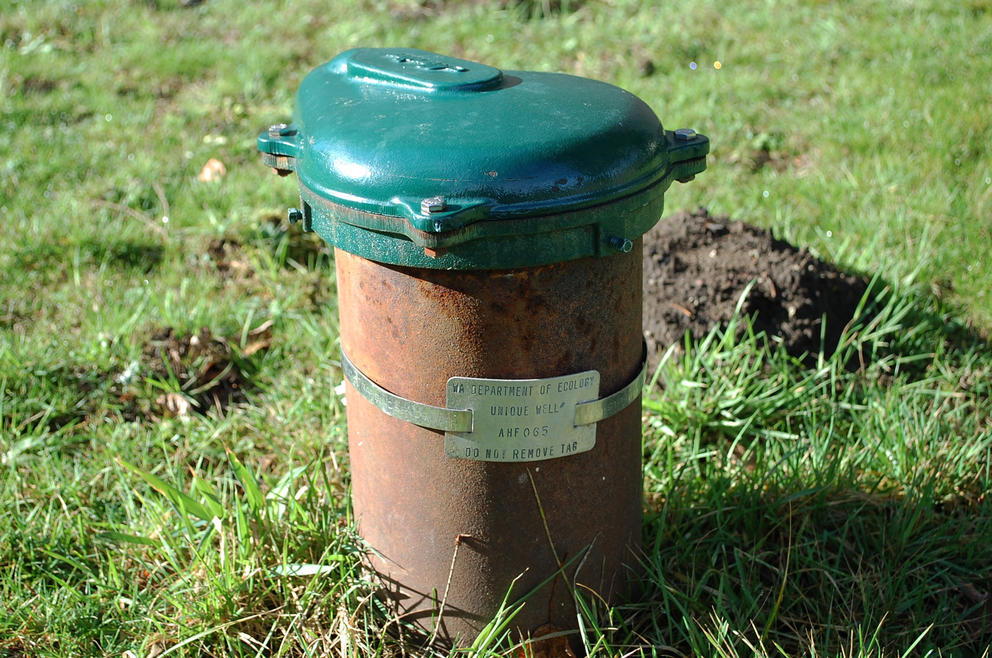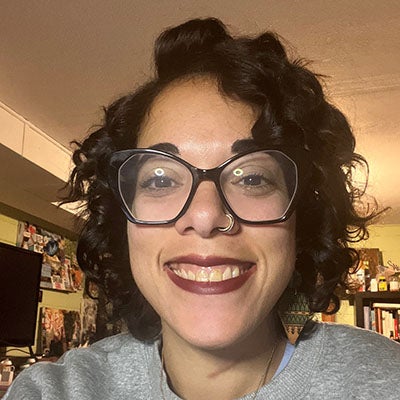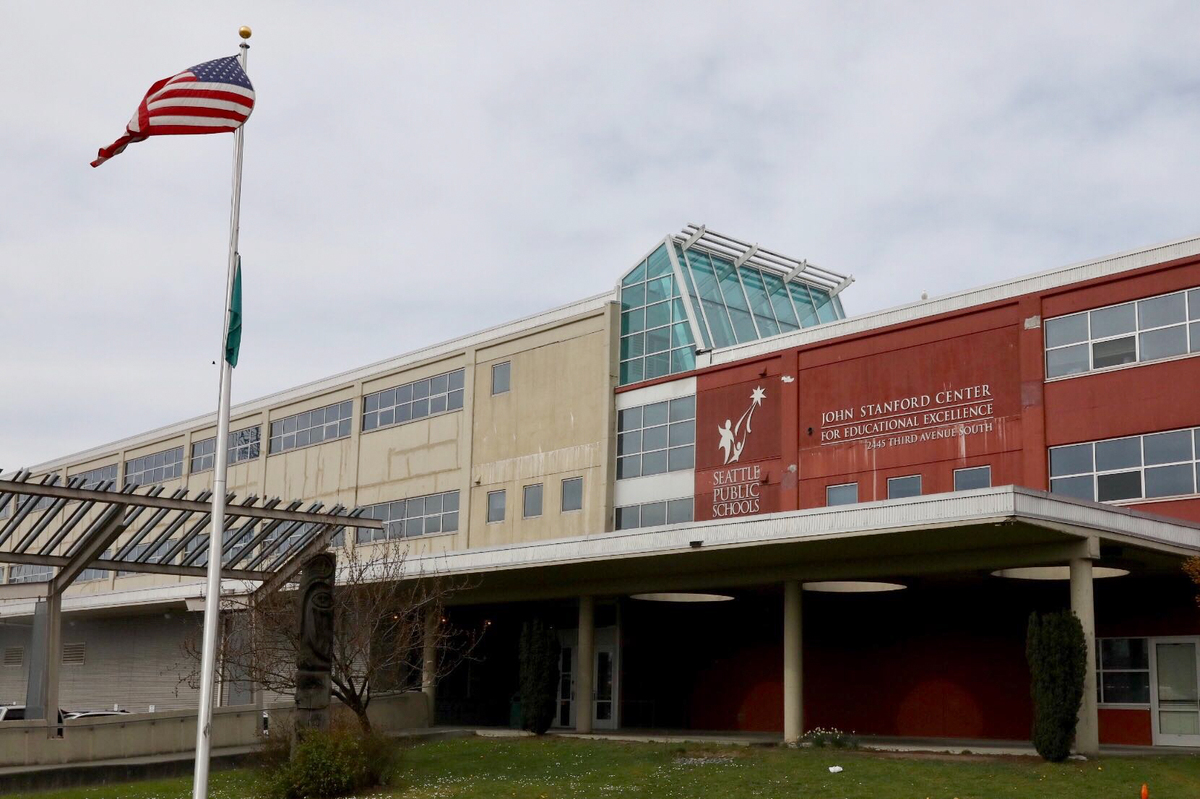WA moves toward partnership with CA, Quebec cap-and-trade systems

In a 2023 photo, a motorist fills a tank at a Shell station in Englewood, Colo. (AP Photo/David Zalubowski)
The Washington Legislature has voted along party lines to adjust its carbon pricing system to make it compatible with the cap-and-trade systems in California and Quebec.
House approved Senate Bill 6058, on a vote of 57-39 Thursday. The Senate passed the measure on Feb. 12. Now the two houses will have to reconcile minor differences in the bills they passed before it can be sent to the governor's desk.
Washington is negotiating with California and Quebec on meshing their three carbon markets. Supporters of the move expect a bigger market would bring down carbon emission auction prices, which would lead to lower fuel costs.
The earliest that the proposed alliance could take place is 2025. Lurking in the background is a November referendum on whether to repeal Washington’s cap-and-invest program, which is blamed for some gas price increases.
Washington’s carbon polluters, including oil companies, bid every three months on the amounts of carbon emissions they can release. The volume of allowances is limited, which has driven up auction bids. Washington’s carbon auction prices have been higher than those in California. This past year, however, California’s gas prices have been frequently, but not always, higher than Washington’s.
The cap-and-invest system is one of numerous factors affecting the rise and fall in Washington’s gas prices.
Republicans opposed the bill Thursday, spending the majority of a more than four hour debate slamming the program and its association with gas prices. Republicans also said they did not like tying Washington’s program with a much larger California economy and its own unique ups and downs. They also voiced skepticism about claims that a larger market would decrease gas prices in the Evergreen State.
“We’re going into an agreement without a clear understanding of the partners we want a relationship with,” said Rep. Keith Goehner, R-Dryden.
“Fools rush in. We should not rush into any linkage,” said Rep Jim Walsh, R-Abderdeen, who is also one of the leaders of the initiative to repeal Washington’s cap-and-invest program.
Majority Leader Joe Fitzgibbon, D-West Seattle, noted that a common argument against Washington’s efforts to combat climate change is that one state’s efforts won’t have an effect on global warming. He said a Washington-California-Quebec market would have a greater impact on reducing carbon emissions.
Fitzgibbon also noted New York, Massachusetts and Maryland are watching Washington and this potential alliance with thoughts about creating their own cap-and-trade programs to eventually join this bigger market.
The biggest change from SB 6058 would be allowing a single bidder in a quarterly auction to obtain up to 25 percent of the allowances for sale. Currently, the limit for a single auction is 10 percent. However, a single corporation would still be limited to obtaining no more than 10 percent of allowances offered in a calendar year.

